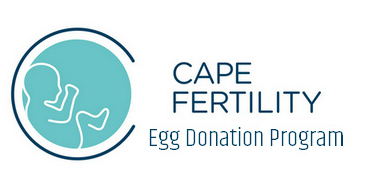PGS/PGD
Pre-implantation genetic diagnosis is an exciting development for genetic evaluation of the embryo.
Pre-implantation genetic diagnosis
(PGD and PGS) is an exciting development which allows genetic evaluation of the embryo. Cells can be taken from the developing embryo on the 3rd day or the 5th day after fertilization. These cells are sent to the genetic laboratory and tested for abnormalities.
PGS
is able to detect chromosome abnormalities or chromosomal rearrangements. The aim of PGS is to increase IVF pregnancy rates by testing embryos for these chromosomal abnormalities. Without this kind of testing, embryos are usually chosen based on their visual aspect. With PGS embryo testing, however, embryos are tested further and assessed based on their full chromosome compliment. During the procedure all 24 chromosomes are examined – the 22 non-sex chromosomes as well as the two sex ones, X and Y – before the embryo transfer takes place. Embryos that have a normal number of chromosomes are more likely to result in a pregnancy.This allows us to choose better embryos for embryo transfer and is particularly useful in older women or couples who have had repeated failed IVF cycles previously. However recent evidence shows that it can be useful in nearly all cases of IVF to improve pregnancy rates.
PGD
is a laboratory procedure that is used in conjunction with IVF to help detect single gene diseases. Families affected by an inherited disease can reduce the risk of passing it onto their offspring using IVF with PGD.
PGD/PGS
is available at the Cape Fertility Clinic since 2003. We collaborate with genesis genetics:
www.genesisgenetics.co.za

